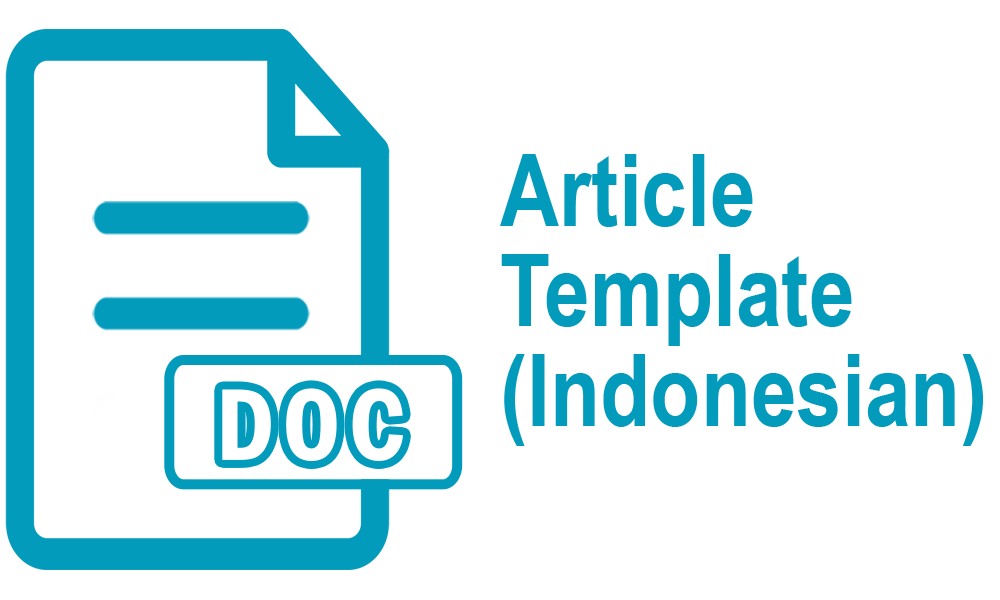MOSES’ ANXIETY AND DEFENSE MECHANISM IN EXODUS: GODS AND KINGS MOVIE
Abstract
Anxiety is part of the defense mechanism. Defense mechanisms are psychological strategies unconsciously used to defend a person from anxiety arising from unacceptable thoughts or feelings. This study found the types of Moses’ anxiety and investigate the defense mechanism that Moses employed in reducing his anxiety by employing Freud’s concept as the main theory. The design of this research was qualitative research with content analysis as its approach. As the data, this study employed words including narrations and dialogues that were taken from Exodus Gods and Kings’ movie script. This study showed that Moses character experienced three types of anxieties covering neurotic anxiety, moral anxiety, and realistic anxiety. Furthermore, Moses employed five types of the defense mechanism covering repression, formation, isolation, denial, and aggression. The conclusion of this research considered Moses character experienced neurotic anxiety when he identified a boy that represented as the authority figure who was punishing him. The moral anxiety experienced in four times, overall happened when he felt guilty and realistic anxiety experienced three times because he managed some threats from the outer world. Moreover, all these features of the defense mechanism used to cope with Moses’s anxious feeling. The implication of this research provided another point of view in seeing Exodus: Gods and Kings' movie as the portrayal of the way how people can't suffer anxiety easily because anxious feeling happened from many factors and how people tried to use the defense mechanism to reduce anxiety.
Keywords
Full Text:
PDFReferences
Alwisol. Psikologi Kepribadian. Malang: UMM Press. 2006.
Amran, Mursalim, & Rokhmansyah, A. (2018). Analisis Kepribadian Tokoh Utama Dalam Novel Berteman Dengan Kematian Catatan Si Gadis Lupus Karya Sinta Ridwan. Ilmu Budaya (Jurnal Bahasa, Sastra, Seni Dan Budaya)2, 2(3), 293–300.
Bogdan, Robert C. & Steven J. Taylor. Introduction to Qualitative Research Methotds: A Phenomenological Approach in the Social Sciences, alih bahasa Arief Furchan, John Wiley dan Sons, Surabaya, Usaha Nasional, 1992.
Corey, Gerald. Theory and practice of Conseling and Psychotherapy. UK: Brooks Cole Publication. 1986.
Freud, Sigmund. Theories of Personality Book. Cambridge, MA: Harvard University Press, 1994, pp. 36-39.
Hall, Calvin S., Lindzey Gardner & John B. Campbell. Theories of Personality. New York: John Wiley & Sons, 1997.
Luban B, Poldinger W. Psychosomatic Disorders in General Practice 2nd ed. Roche. 1985.p.186-8
Sahakian, William S. ed. Psychology of Personality: Readings in Theory. Rand McNalley & Company, 1969.
Sdorow, Lester M. & Cheryl A. Rickabaugh. Psychology (Fifth Edition). New York: McGraw-Hill Publishing Co, 2002.
Vauhkonen K. A Psychoanalytical Approach of Panic Reaction in Many Faces of Panic Disorder. Hangon Kirjapaino Oy: Hanko. 1989.p.65-8
Wandira, Jenny, Yusak Hudiyono, & Alfian Rokhmansyah. "Kepribadian Tokoh Aminah Dalam Novel Derita Aminah Karya Nurul Fithrati: Kajian Psikologi Sastra." Ilmu Budaya: Jurnal Bahasa, Sastra, Seni dan Budaya, vol. 3, no. 4, 2019, pp. 413-419.
Wiyatmi. Psikologi Sastra. Yogyakarta: Kanwa Publisher. 2011
DOI: http://dx.doi.org/10.30872/jbssb.v4i1.2589
Refbacks
- There are currently no refbacks.
Copyright (c) 2020 Esternita Warkey, Surya Sili, Chris Asanti
Editorial address:
Fakultas Ilmu Budaya, Universitas Mulawarman
Jl. Ki Hajar Dewantara, Gunung Kelua, Kec. Samarinda Ulu, Kota Samarinda, Kalimantan Timur, Indonesia 75123
Email: jurnalilmubudaya.fibunmul@gmail.com
Website: http://e-journals.unmul.ac.id/index.php/JBSSB
Ilmu Budaya: Jurnal Bahasa, Sastra, Seni, dan Budaya is licensed under a Creative Commons Attribution-ShareAlike 4.0 International License






